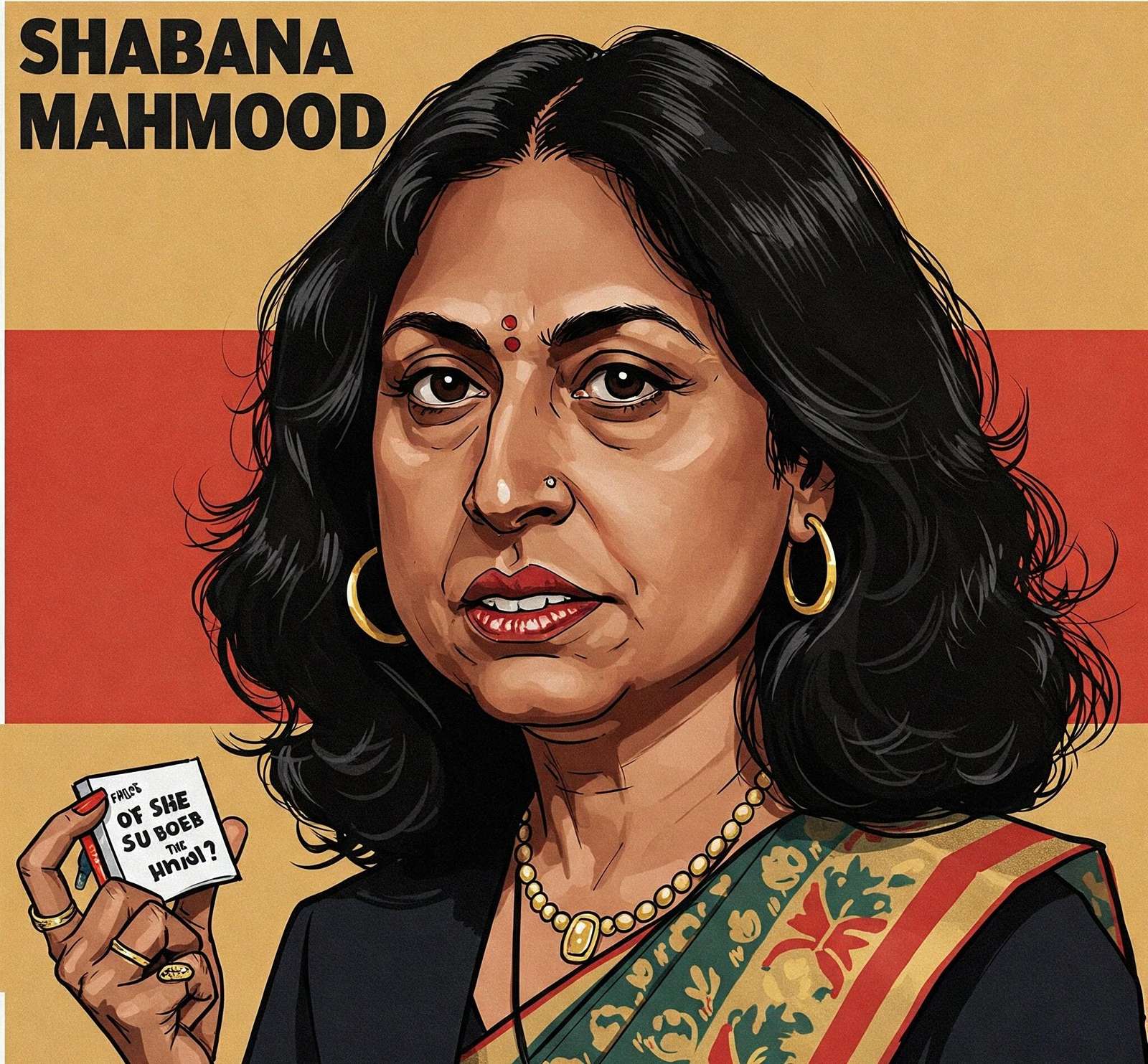Mosques Bridge Gaps, Build Belonging for New Muslims Navigating Faith and Family.
For many Muslims, Ramadan and Eid-al-Fitr are times of joyous family gatherings and communal celebration. However, for Muslim reverts – individuals who have converted to Islam – these periods can often be marked by profound isolation and loneliness. Without families who share their newfound faith, they can feel adrift in a sea of celebration, searching for connection and understanding.
"Eid celebration was lonely for Muslim reverts because they don't have family in the same path," explains Ms. Alam, 47, who established the New Muslim Circle in Peterborough after experiencing the challenges of conversion firsthand. "The month of family celebrations around Ramadan and Eid-al-Fitr pass for another year, for some Muslim reverts, the whole time period could be 'isolating and lonely' instead," she said.
Ms. Alam's charity, born from her own struggle to find support after reverting 20 years ago, now serves as a vital lifeline for over 100 individuals across Peterborough and Fenland. The group's diverse membership, spanning ages 18 to 70 and encompassing various ethnic backgrounds, highlights the universal need for community among converts.
Building Bridges, Not Barriers
The New Muslim Circle goes beyond simply providing religious instruction. It focuses on empowering reverts to embrace their new faith while maintaining their individual identities. "When people come into Islam, they kind of lose themselves," Ms. Alam explains. "They feel like they need to adapt to be someone else... we say, 'Look, you can do that, but you can be who you are. Islam focuses on having a good character, so become a better version of yourself.'"
For Ms. Zaman, originally from Latvia and a revert from Orthodox Christianity, the journey was "slow and long" and initially "overwhelming." She credits her husband's support and the New Muslim Circle as crucial factors in her successful integration into the Muslim community. "I have no siblings and not a big family," she shares. "New Muslim Circle became my family. It became my safe space. It was my lifeline."
Hayley Oliver, who reverted at 15 in 1998, experienced the harsh realities of familial rejection. "As a new Muslim you are trying to find your feet, find your identity, and that's why you need that support around you," she says. She was kicked out of her house after 9/11 and felt alienated by both her non-Muslim family and some within the established Muslim community. "You do feel alone... you don't feel totally accepted from the born Muslims. But you don't feel accepted at all from your own kind. So, you question it – what am I? Who are my people?"
Mosques and Communities as Pillars of Support
Recognizing the multifaceted challenges faced by reverts, mosques and community organizations are stepping up to provide essential support. They offer:
- Religious Education and Guidance: Providing structured learning about Islamic practices, beliefs, and values.
- Social Integration: Organizing regular meet-ups, meals, and celebrations to foster a sense of belonging.
- Emotional Support: Creating safe spaces for reverts to share their experiences and receive guidance.
- Bridging Family Divides: Facilitating dialogue between reverts and their non-Muslim families to promote understanding.
- Community Outreach: Collaborating with other faith-based organizations, food banks, and community groups to build bridges and dispel misconceptions.
Ms. Alam emphasizes the importance of interfaith engagement, stating, "It is important to engage with other faiths, other organisations to show them we are normal people."
The New Muslim Circle, and similar organizations across the globe, act as crucial bridges, connecting reverts to the broader Muslim community and helping them navigate the complexities of faith and identity. They offer a sense of belonging, a support system, and a "safe space" where individuals can embrace their new faith without sacrificing their individuality. In doing so, they are transforming the narrative of conversion from one of isolation to one of inclusion and empowerment.
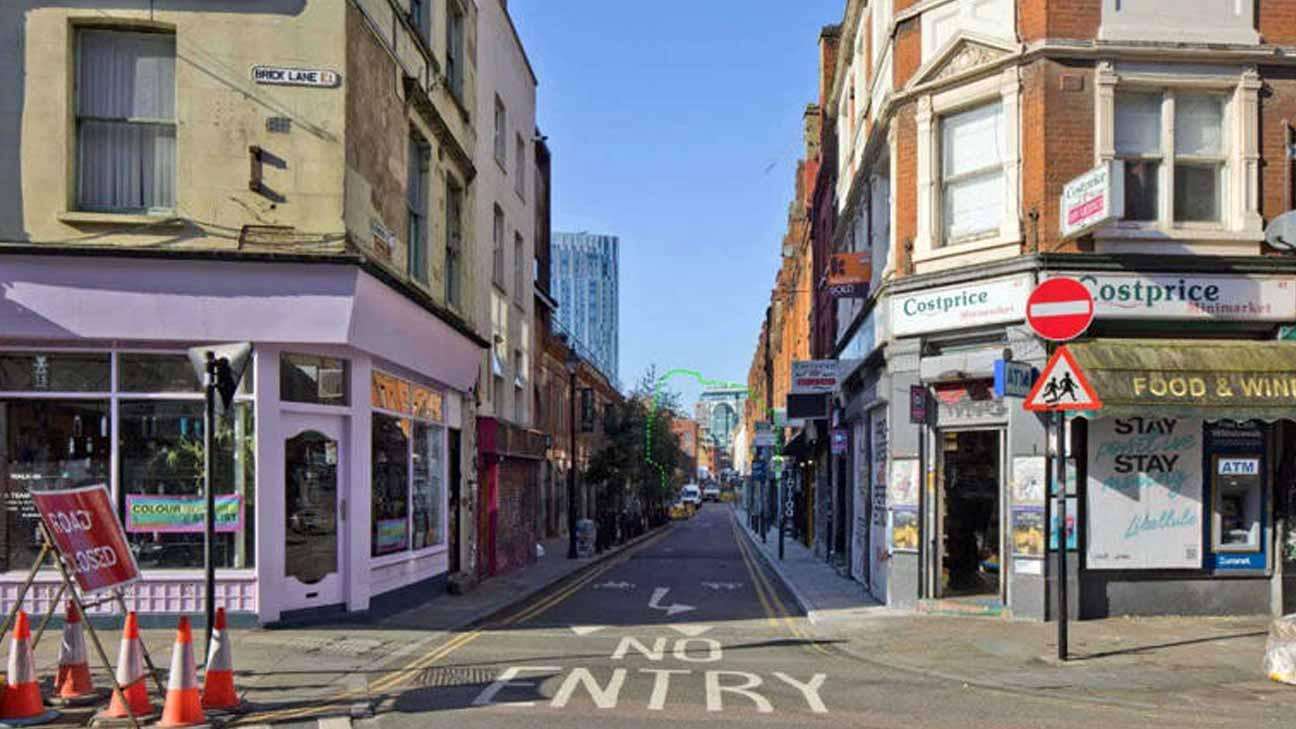
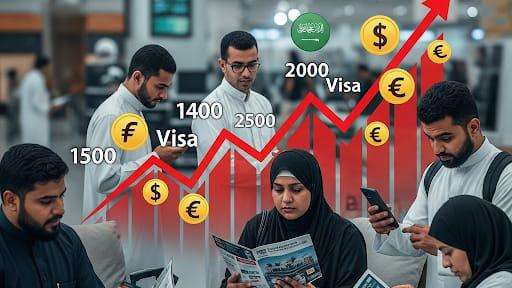
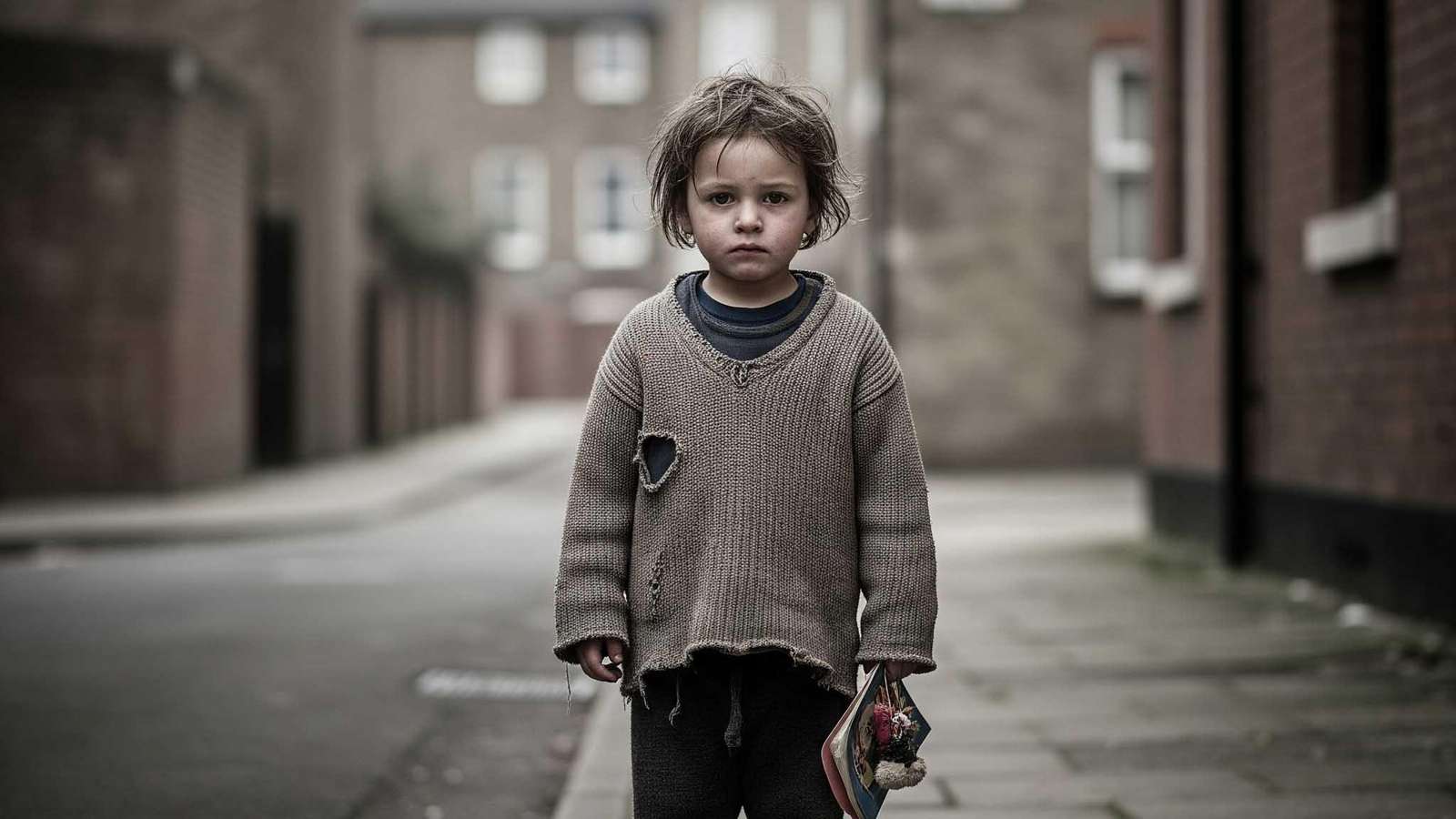
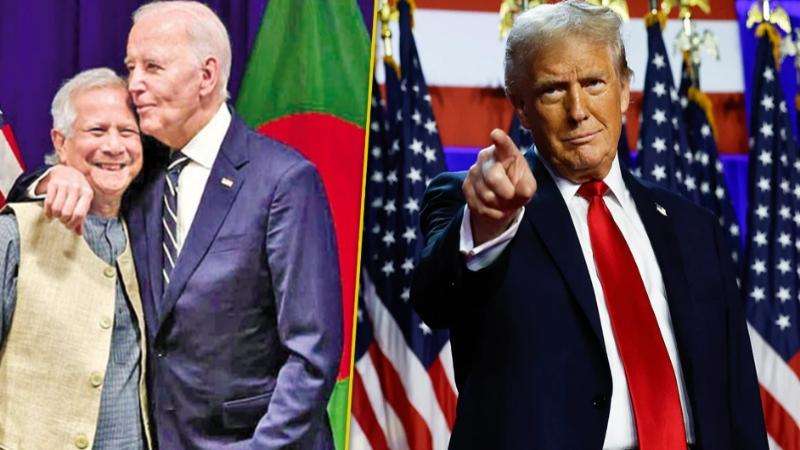
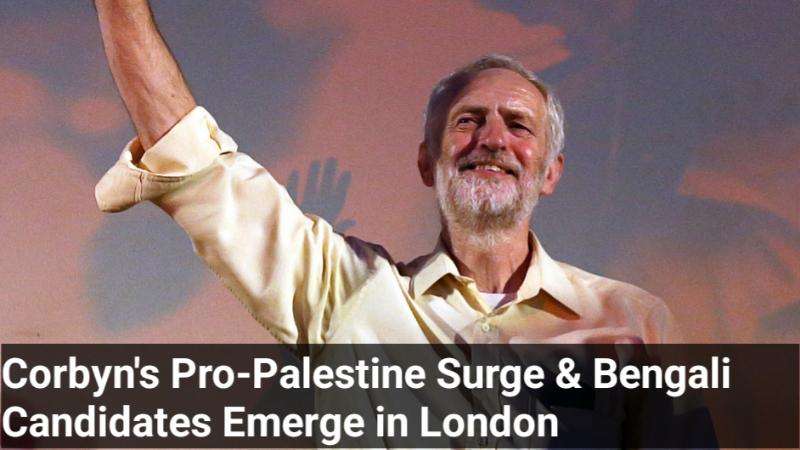


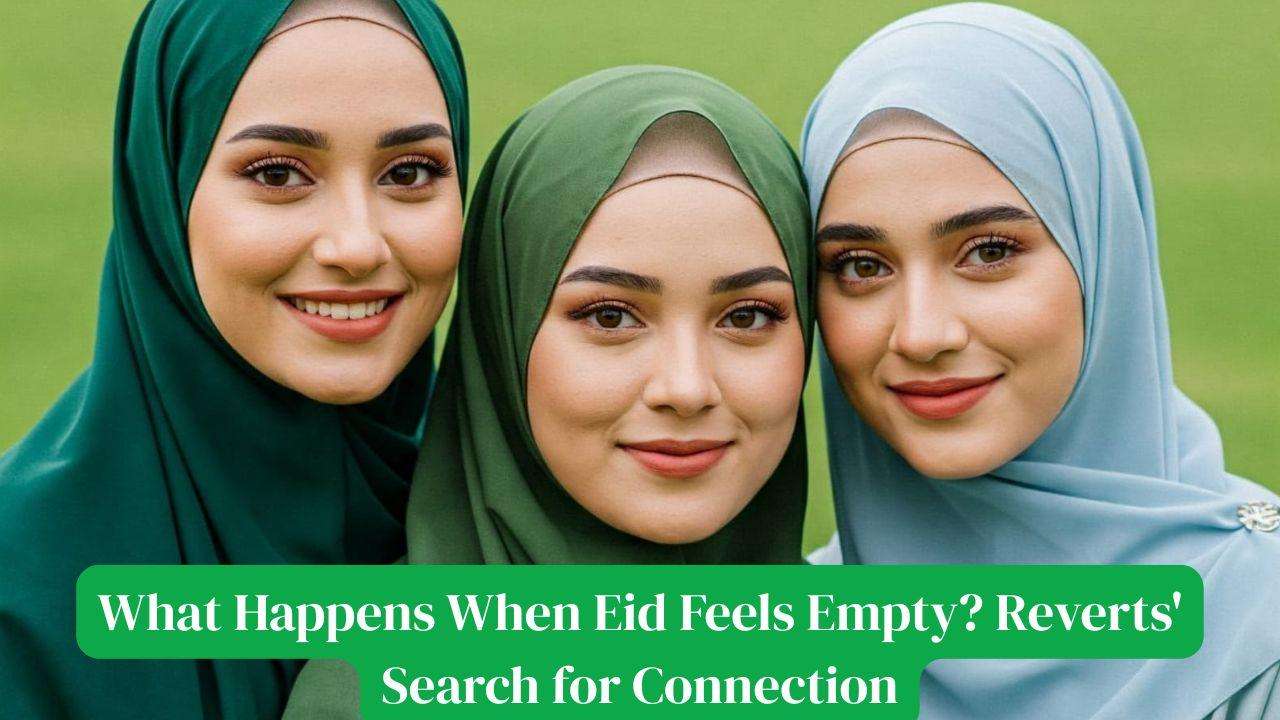
.svg)


